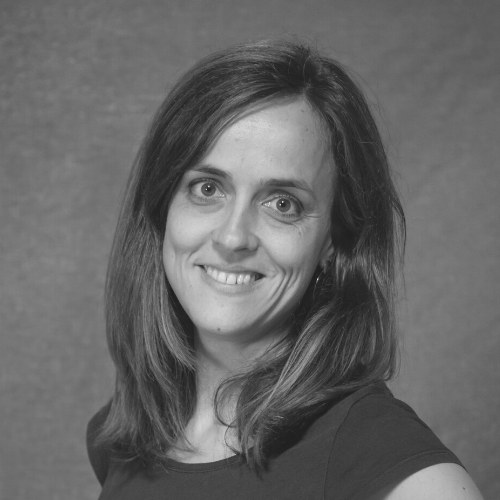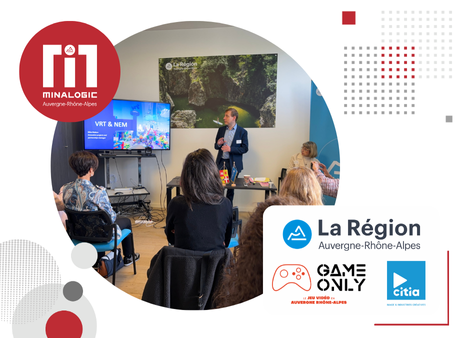The results of the 12 projects supported by Silicon Eurocluster have been unveiled
In October 2023, the European Silicon Eurocluster project announced the selection of 12 innovative projects aimed at strengthening Europe's leadership in microelectronics and nanoelectronics. All the projects have been completed, and significant progress has been made.
Bringing together 26 SMEs from 12 European countries, these 12 projects aimed to develop a prototype or demonstrator incorporating technologies linked to Artificial Intelligence, radio communications, cybersecurity, photonics, sensors or energy management. Lasting between 6 and 9 months, each of these projects received funding of €80,000.
A booklet outlining the benefits and results of each project has just been published. The booklet, unveiled at the Semicon Europa event, highlights the collaborative efforts being made to advance the electronics sector in Europe.
The 12 selected projects:
- AIWeeder : AI for smart weeding support for farmers (Bulgaria)
- DDFA : Danger Detect & Fatality Avoidance (Austria, Italy)
- DECT NR+ : World first non-cellular private 5G DECT NR+L connectivity for health care applications (Germany)
- Green-Grid : Green Energy Harvesting for a Global IoT-Powered Grid (Spain, France)
- Listen and Predict : Develop and test IoT sensor boxes (Sweden, Germany)
- LPS-OCF : Open Circuit Finder for Lightning Protection Systems (Latvia, Estonia)
- MAISOR : Implementation and demonstration of a microelectronics chip for Edge-AI computing into a high-resolution vapor sensor for olive oil classification (France, Spain)
- NetQRNG : NETwork Raspberry Pi-based Quantum Random Number Generator (Belgium, Italy)
- SEPOC OPV : Energy harvester for Self-Powered Camera (France, Belgium)
- SIMPRINT: : Simplified Mobile Printer with Increased Autonomy (Austria)
- SollTech: Sensor based IoT technology for protecting off-season tourism infrastructure (Slovenia, Croatia)
- VerIoT: System for verification and optimization of emerging IoT RFID (Austria, Germany)
Focus on the SEPOC project
The SEPOC consortium, comprising Dracula Technologies and Orioma, two Minalogic members, and E-peas, a Belgian company, was one of the winners. The SEPOC project aimed to build the world's first self-powered infrared thermal sensor to be deployed indoors for energy management in buildings.
"The SEPOC project, financed by Silicon Eurocluster, had a leverage effect and accelerated the development of the LOBX prototype. The project was a success and fully met our expectations, both operationally and in terms of collaboration. We will be continuing our collaboration with Orioma and e-Peas in other funded projects", says Hani Kanaan, Vice President Of New Business Development at Dracula Technologies.
The Silicon Eurocluster project aims to position Europe as a leader in the development and production of micro- and nanotechnologies. Led by Minalogic, the project brings together 10 clusters based in Austria, Bulgaria, France, Germany, Italy, the Netherlands, Portugal, Spain and Sweden. The Eurocluster project is a collaborative initiative aimed at strengthening the European economy by supporting SMEs through innovation, skills development and cross-sector collaboration. By linking clusters across Europe, the project aims to stimulate sustainable growth and competitiveness in a range of industries.




